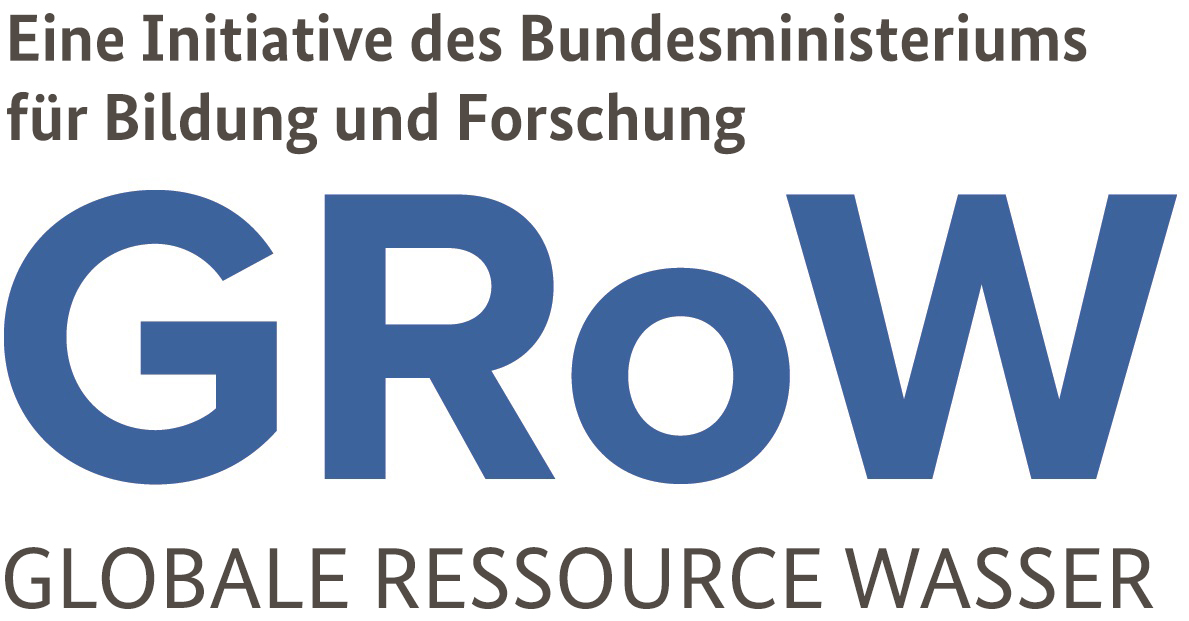InoCottonGROW: Commissioning a pilot plant for the anaerobic treatment of wastewater from the textile industry in Pakistan
| Date |
Date
|
Pakistan is the world’s fourth largest producer of cotton, and a major exporter of textiles to Germany. The industry consumes and pollutes an immense amount of water. Within InoCottonGROW, 14 German partners from research and industry are working with 13 Pakistani partners to make water consumption more efficient and productive along the entire cotton-textile value chain. The goal is to optimise the water footprint as a steering instrument to help Pakistani decision-makers manage scarce water resources, and to give German consumers criteria for making informed purchasing decisions.
In collaboration with Pakistani partners, the project is initially analysing current water consumption and pollution in the Punjab province. The work will combine satellite remote sensing, hydrological and hydraulic modelling, surveys of cotton farmers, audits of textile companies, and measurements of irrigation channels and groundwater. Demonstration projects will show possible solutions for reducing the cotton textile industry’s water footprint.
The demonstration project on textile wastewater treatment has made significant progress in recent months. Of roughly 220 textile businesses in the Faisalabad textile region, only around ten have treatment plants and several of those are not in use because of high energy costs. Yet with global brands under increasing public pressure to keep a closer eye on the environmental impacts of their producers, more and more Pakistani textile companies are being forced to invest in wastewater treatment. Cost pressure, improper planning and operation, and insufficient monitoring also lead to unsatisfactory treatment results. InoCottonGROW therefore wants to present an economic addition to the exclusively aerobic processes currently in use – by investigating the feasibility of anaerobically treating selected streams of easily degradable starchy wastewater from desizing.
After facing numerous logistical challenges in Pakistan, the FiW researchers commissioned the pilot plant, which was shipped as a container, in July 2018 at the Kohinoor Mills Ltd. textile factory in the district of Kasur, south of Lahore. The plant was planned and built in collaboration with the company A3 Water Solutions GmbH and the University of Stuttgart. After just a few weeks, the plant was producing biogas from the heavily organically contaminated wastewater. A high point was when the researchers used the biogas to boil a pot of tea in front of the factory employees. This was proof that wastewater can produce energy. The researchers then optimized the process to assess the economic viability of a large-scale plant under local conditions. Thanks to the close collaboration with the National University of Science and Technology in Islamabad, a local doctoral student will continue to operate the plant. In addition, initial offers have been made for providing textile companies with expert advice on wastewater. With the help of a documentary film about the project and the development of a water footprint label, InoCottonGROW is working to raise awareness among local decision-makers and German consumers.
The upcoming midterm conference 6 to 10 November 2018 at the University of Agriculture, Faisalabad) will present interim results from all the work packages. These will also be discussed extensively in workshops and training sessions with Pakistani partners.
